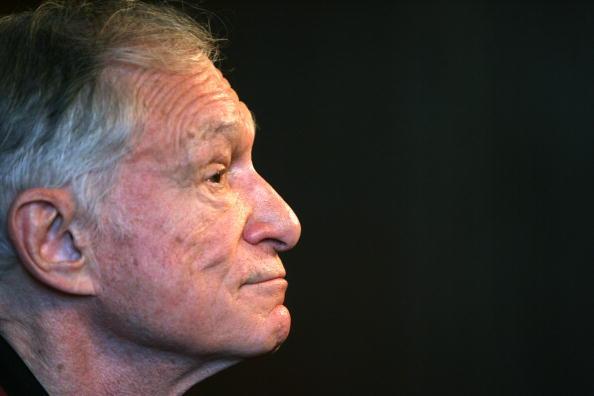Commentary
The #MeToo movement has scored a significant victory: Les Moonves has “stepped down” as CBS chairman and CEO after multiple accusations of predatory sexual behavior spanning many years came to light.


The #MeToo movement has scored a significant victory: Les Moonves has “stepped down” as CBS chairman and CEO after multiple accusations of predatory sexual behavior spanning many years came to light.